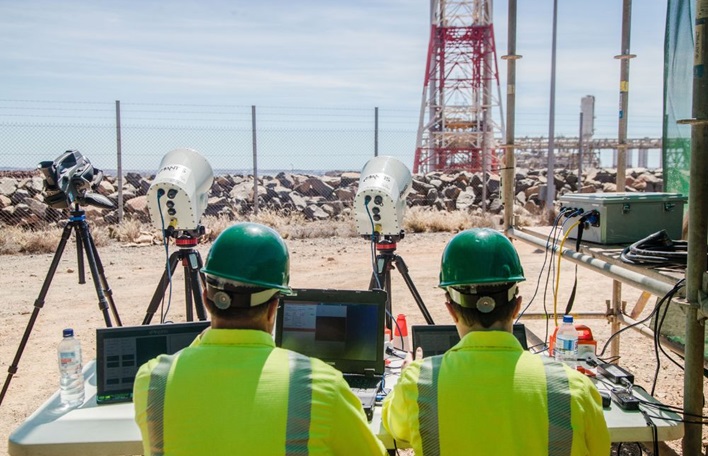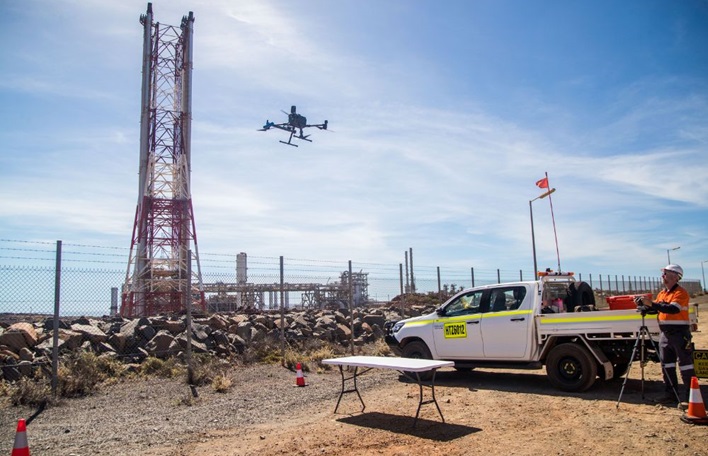
Case Study: A focus on methane emissions management
Case Study - A focus on methane emissions management
Methane emissions management
Woodside remains committed to measuring, reducing and transparently reporting methane emissions at our sites, and collaborating with others to support global action.
Our reported methane emissions are around 0.1% of production by volume, which is lower than the Oil and Gas Climate Initiative (OGCI) 2025 target of below 0.2%.1
However, we see an opportunity to further reduce our methane emissions and through collaboration and knowledge-sharing, aim to help others in the industry do so too.
In the first half of 2024 our methane emissions management activities included:
Reporting
- We became the first Australian company to join the Oil and Gas Methane Partnership (OGMP2.0) to voluntarily improve the accuracy and transparency of methane emissions reporting.
Collaborating
- We hosted a methane masterclass in Perth, Western Australia, attended by operators, customers (both domestic and international), industry associations and government representatives, including presentations by the International Energy Agency and United Nations Environment Programme (UNEP).
- We lead Methane Guiding Principles (MGP) initiatives, collaboratively aiming to minimise methane emissions intensity across gas value chains.
- We supported the development of regulations to accurately report methane emissions measurements, including input into Australian and international updates.
- We led a methane-focused initiative for the Australian Climate Leaders Coalition (CLC).
- We contributed insight and lessons learned to the ASEAN sector Methane Leadership Program (ASEAN MLP) in support of regional methane reduction efforts.
Measuring and reducing
- We supported technology development to directly monitor and measure methane emissions at our facilities.
- We implemented operational efficiency improvements, including using new procedures to reduce flaring post shutdowns, and optimising process control of our LNG plants.
- We modified equipment to reduce methane leaks from compressor seals.
- We improved combustion performance by identifying and replacing damaged gas turbine nozzles.
Methane emissions management is an important part of global efforts to limit climate change because it has a higher global warming potential than carbon dioxide, especially in the near term, as it absorbs much more energy while it exists in the atmosphere, and is estimated to have made the second largest contribution to climate change after carbon dioxide.2,3
For further information on Woodside’s methane emissions performance and reduction plan see page 23 of our Climate Transition Action Plan and 2023 Progress Report
1. GCI, 2024. https://www.ogci.com/action-and-engagement/reducing-methane-emissions/#methane-target
2. IPCC_AR6_SYR_LongerReport
3. Understanding methane emissions - Global Methane Tracker 2024 - Analysis - IEA




